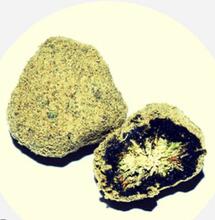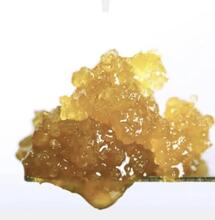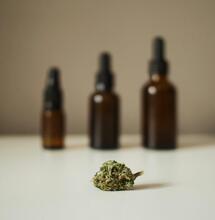Stoners Aren't Lazy Says New Research

Research from the University of Cambridge is challenging the "lazy stoner" stereotype and showing that regular weed users are no likelier to lack motivation than non-cannabis users.
The research found no distinction in pleasure taken from rewards, motivation for rewards, or in the brain's responses when it is seeking rewards compared with non-weed users.
"We're so used to the idea of 'lazy stoners' on our screens that we don't stop to ask whether they're an accurate representation. Our research implies that … people who use cannabis are no more likely to lack motivation or be lazier than people who don't- Martine Skumlien, PhD student and research author at the University of Cambridge.
Smoking cannabis may be linked with other negatives. Still, the stoner stereotype is considered"stigmatising" and may make messages about harm reduction less convincing. We must be honest about what are and aren't the detrimental by-products of drug use.
After alcohol and nicotine, cannabis is the world's third most commonly used controlled substance. A 2018 report by the NHS discovered that almost one in five 15-year-olds in England had used cannabis in the previous year.
The stoner stereotype has been depicted in many fictional characters over the years. Additionally, the notion that regular cannabis use leads to lethargy has been a common feature of public anti-drug campaigns.
The research has been published in the International Journal of Neuropsychopharmacology, and studied 274 teenage and adult cannabis users who used weed in some form for at least four days a week over the previous three months.
Participants filled out questionnaires to measure their lack of pleasure and apathy levels. This included gauging how much they enjoyed being around friends and family and how likely they were to stick at a job until its end.
For comparison, the team also observed a group of non-users of the same ages and gender. The regular weed users may have scored slightly less than the non-users in terms of their lack of pleasure- seemingly being more able to enjoy themselves – however, there was no difference in apathy levels.
The study also failed to find a connection between the level of cannabis use and the level of apathy or anhedonia (lack of pleasure). There was also no difference in the two groups' brain responses following the receipt of rewards.
All the participants took part in the study whilst sober, so it must be considerde that people's motivation may wane whilst they are under the direct influence of cannabis. This, however, is a question to be investigated in the following research step.
A neuroscientist at the University of Cambridge, Prof Barbara Sahakian, said: "The evidence indicates that cannabis use does not appear to affect motivation in recreational users. However, we can't rule out the possibility that more significant use, as seen in those with the cannabis-use disorder, may have an effect."











